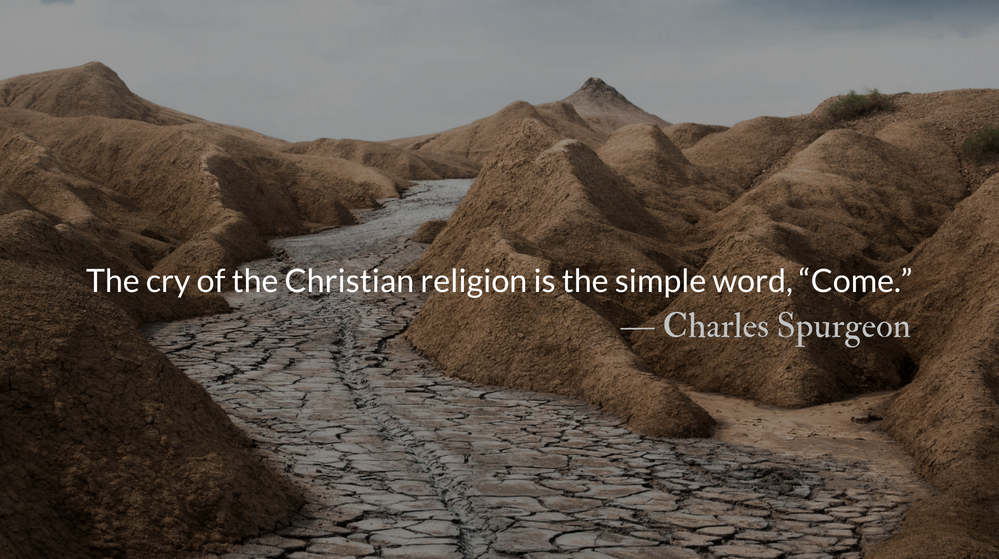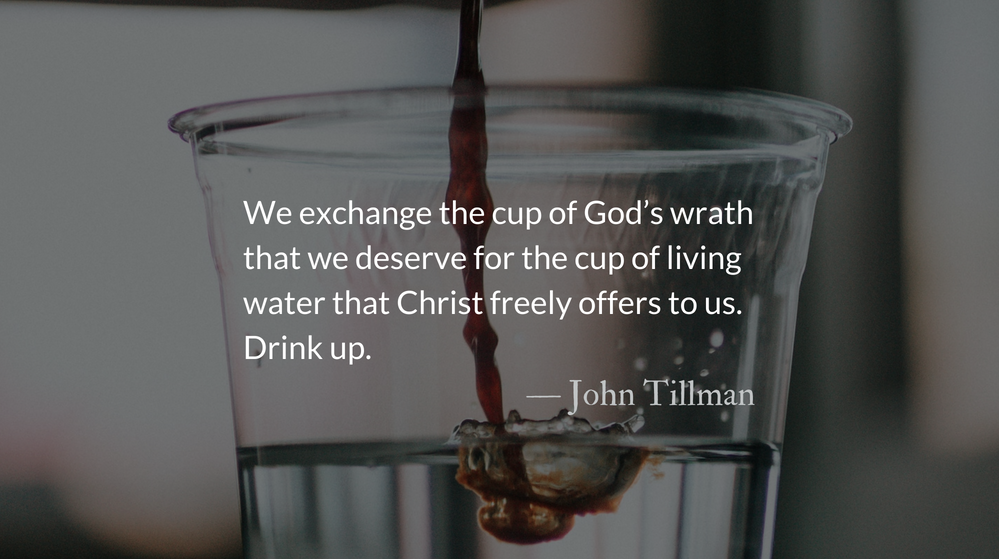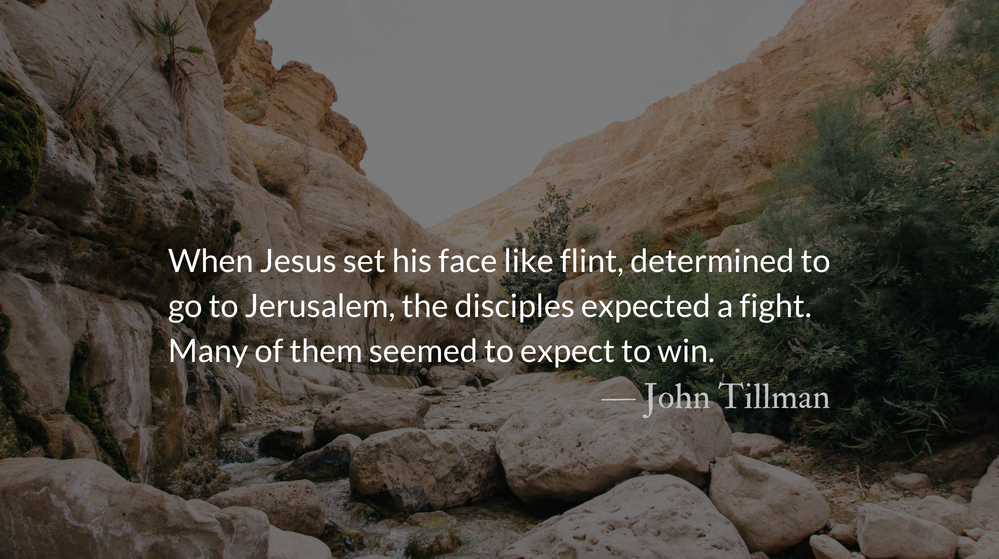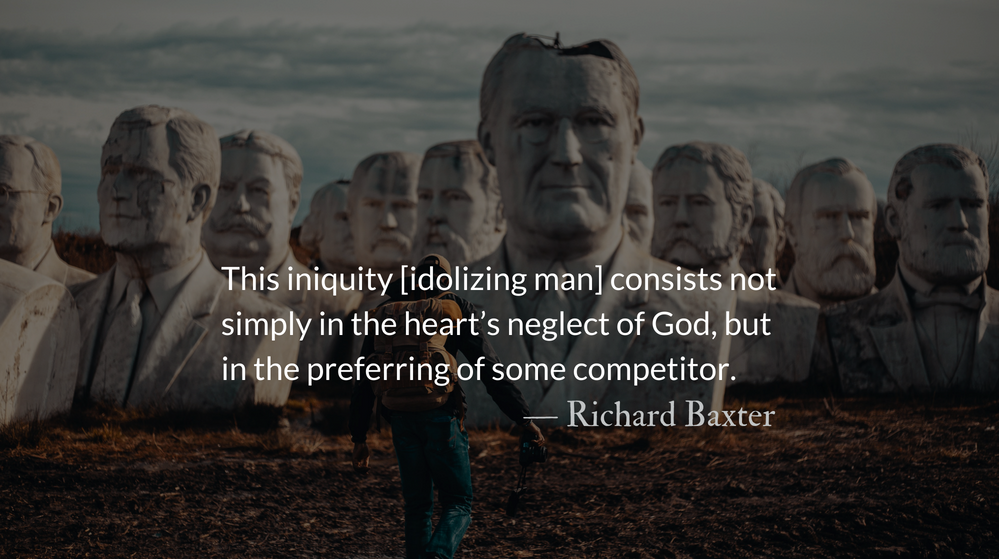Scripture: Revelation 22.17
“The Spirit and the Bride say, “Come.” And let the one who hears say, “Come.” And let the one who is thirsty come; let the one who desires take the water of life without price.”
Reflection: Invitation
The Park Forum
What is the purpose of Christian living? We know what it looks like when it’s done wrong. Moralism breeds guilt for failure, intolerance toward others, and pride in perceived successes. Rejection of morality and discipline erodes the transformative power of sacramental living. To understand the purpose we have to look toward the goal.
Like a masterfully arranged symphony, the final note of Scripture rings with wonder and beauty: “The grace of the Lord Jesus be with all. Amen.” Grace—and not just grace, but an invitation for others to come into grace. Gregory the Great observed:
Hear how John is admonished by the angelic voice, “let the one who hears say, ‘Come.’” He into whose heart the internal voice has found its way may, by crying aloud, draw others into where he himself is carried.
There are predictable ways a religious text could end: rules, admonition, veiled threats—yet the Christian Scriptures end with open arms. Charles Spurgeon believed that invitation, “come,” is the motto of the gospel:
The cry of the Christian religion is the simple word, “Come.” The Jewish law said, “Go, pay attention to your steps—to the path in which you walk. Go, and if break the commandments, and you shall perish; Go, and if keep them, and you shall live.”
The law was a dispensation of the whip, which drove men before it; the gospel is just of the opposite kind. It is the Shepherd’s dispensation.
The Shepherd goes before his sheep, and bids them follow, saying, “Come.” The law repels; the gospel attracts. The law shows the distance between God and man; the gospel bridges that distance and brings the sinner across the great fixed gulf which Moses could never bridge.
Evangelism is not an action, but the culmination of Christian living. As we cultivate Christian practices—personal devotion, service to the marginalized, and commitment to community—our lives, workplaces, and cities flourish.
In this way Christian living is sacramental. Devotion cultivates peace, peace flows—like living water—into a dry and thirsty world. Gregory the Great concludes:
For the Church dwells in the gardens, in that she keeps the cultivated nurseries of virtues in a state of inward greenness.
Prayer: The Request for Presence
Show us the light of your countenance, O God, and come to us. — Psalm 67.1
– Prayer from The Divine Hours: Prayers for Springtime by Phyllis Tickle.
Full prayer available online and in print.
Today’s Readings
Isaiah 52 (Listen – 2:46)
Revelation 22 (Listen – 3:59)
Additional Reading
Read More about Liquid Wrath and Liquid Forgiveness
We exchange the cup of God’s wrath that we deserve for the cup of living water that Christ freely offers to us.
Read More about the Meaning of the Ascension
He has not taken his heart from us, nor his care from us, nor his interest from us: he is bound up heart and soul with his people.











